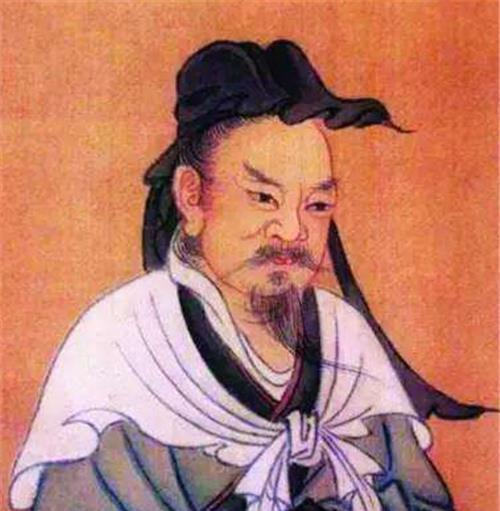In many costume film and television dramas, we can often see many death row prisoners in ancient times, even if they are sentenced to death, they will not be immediately beheaded, but they must wait until the autumn to be executed, the most typical is the Song Jiang in "Water Margin", which is already a crime of treason, but still have to wait until the autumn to behead, giving many good Men of Liangshan time to prepare for the robbery of the law field, so in the real history, is there really such a saying as "asking for beheading after autumn"?

According to the Confucian classic "Book of Rites", in the autumn" "cool breeze to, white dew to fall, cold cicadas, eagles are sacrificial birds, with the beginning of the killing", it is precisely because it has reached the season of all things slaughtered, so people can begin to execute, although this time is not clearly put forward, but there have been some "heaven and man induction" shadow appeared, the ancients believe that the ten thousand ways are connected, human actions should also conform to the laws of nature.
Not only the setting of officials, and the establishment of the system should be consistent with the laws of nature, punishment and pardon should also be the same, so to say "autumn and winter execution", but this was only a relatively vague concept for a long time, until Dong Zhongshu in the Western Han Dynasty carried forward the idea of "the unity of heaven and man" and created a unique set of "heaven and man induction" theory.
In Dong Zhongshu's theory of "heaven and man induction", a very important point is that "when there are four times in the heavens, the king has four governments, and the celebration, reward, punishment, and punishment correspond to spring, summer, autumn, and winter", that is to say, there are four seasons of spring, summer, autumn, and winter in nature, and people's social life corresponds to these four seasons.
Because Emperor Wu of the Han Dynasty reused Dong Zhongshu at that time and chose to "depose a hundred families and respect Confucianism alone" for ideological rule, the "heavenly induction" theory put forward by Dong Zhongshu was also accepted by people, and the "autumn and winter execution" he proposed was written into the law, from September to December every year was the time of execution, once Lichun could not be executed again, and later the Tang Dynasty inherited and improved this system, setting the execution time at October, November to December, and continuing until the fall of the Qing Dynasty.
Of course, if it is only for this kind of "heavenly induction", then the reason for the autumn beheading seems to be only out of superstition, but the fact is not only superstition, there is also the actual consideration of the ruler here, that is, because a very important aspect of "beheading and showing the public" is "showing the public", which needs to play the role of killing chickens and monkeys, so the more people onlookers are as good as possible.
However, in the spring and summer, people are busy with farming, it is difficult to have time to watch, so it is difficult to play a role in showing the public to kill chickens and monkeys, and in autumn and winter, most of them have reached the agricultural leisure time, and people can have more time and energy to watch, so as to achieve the warning effect required by the ruler. What do you think about that?